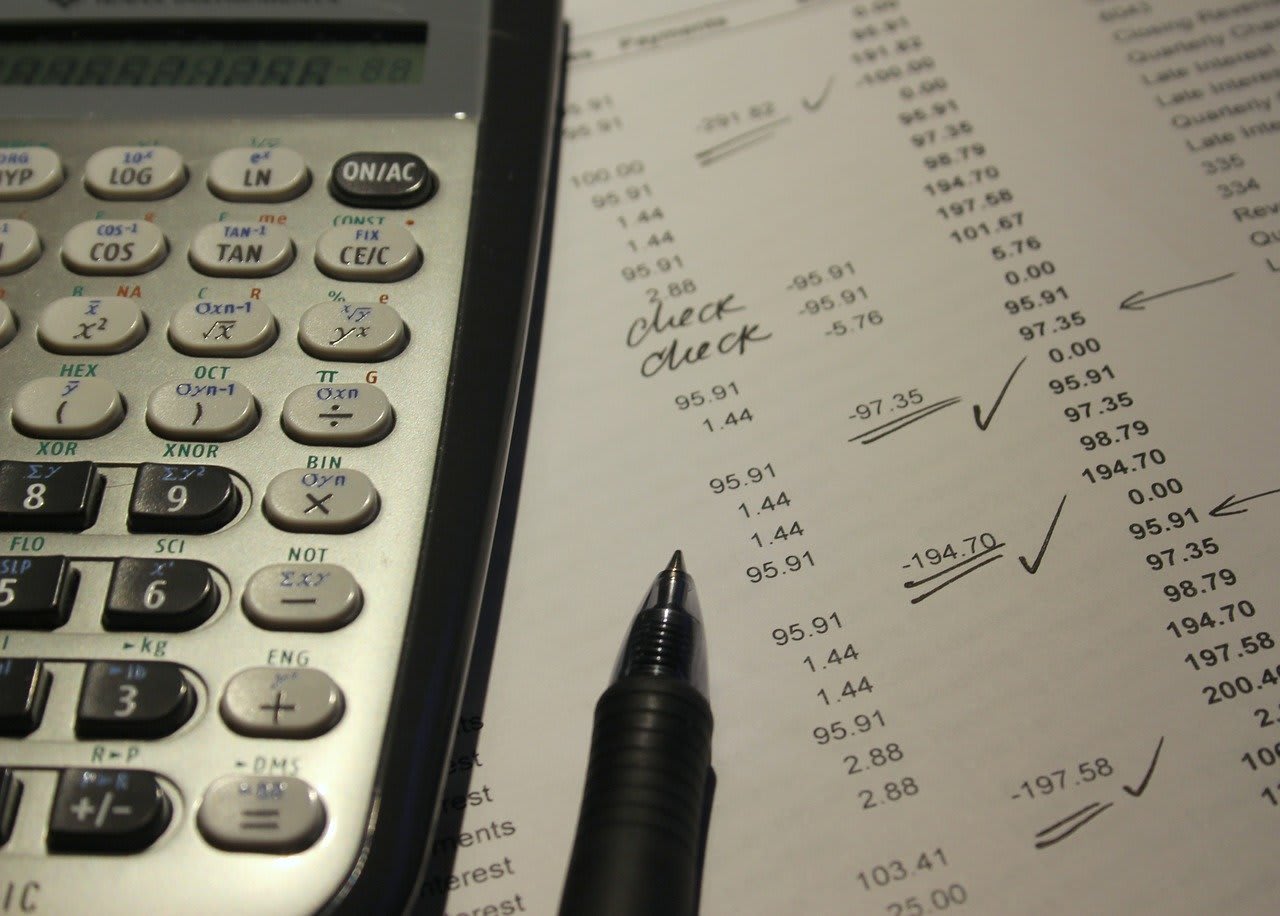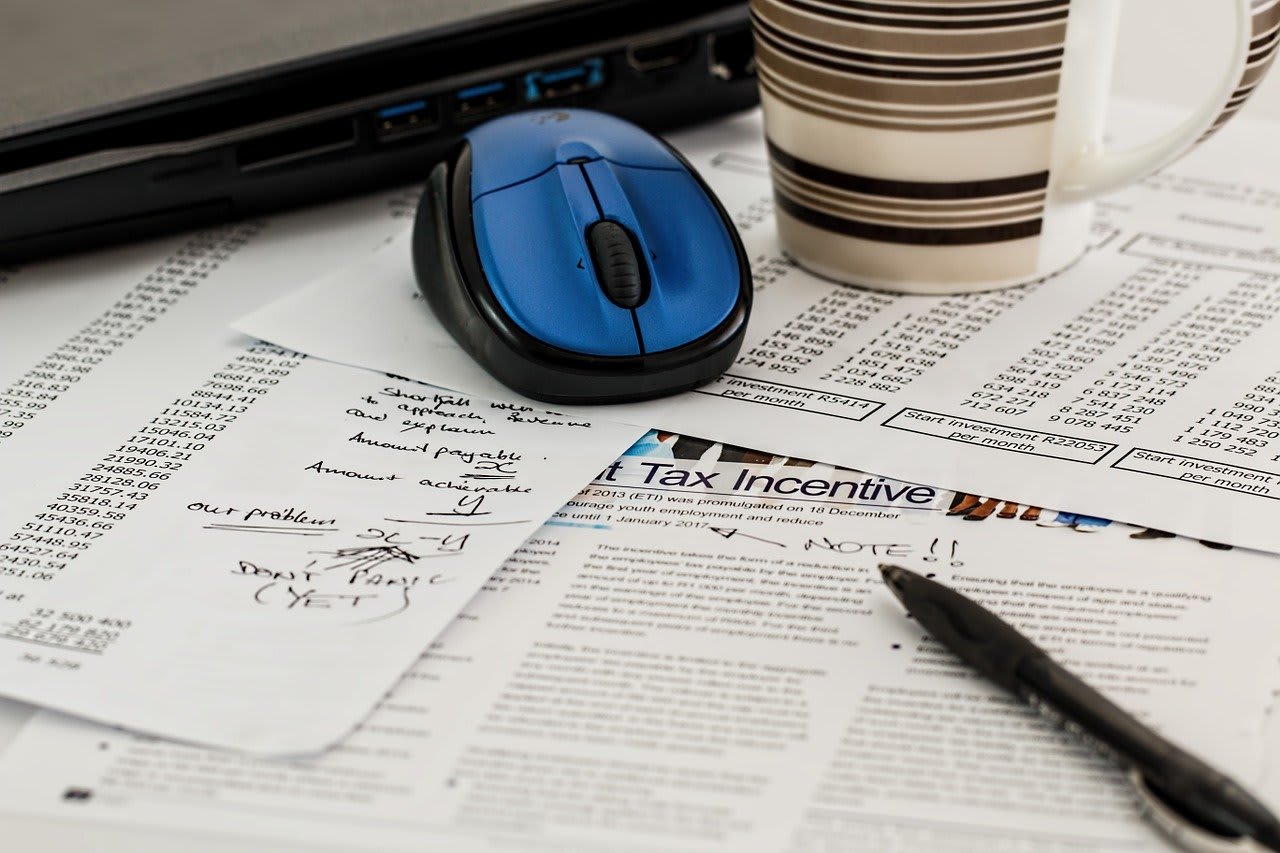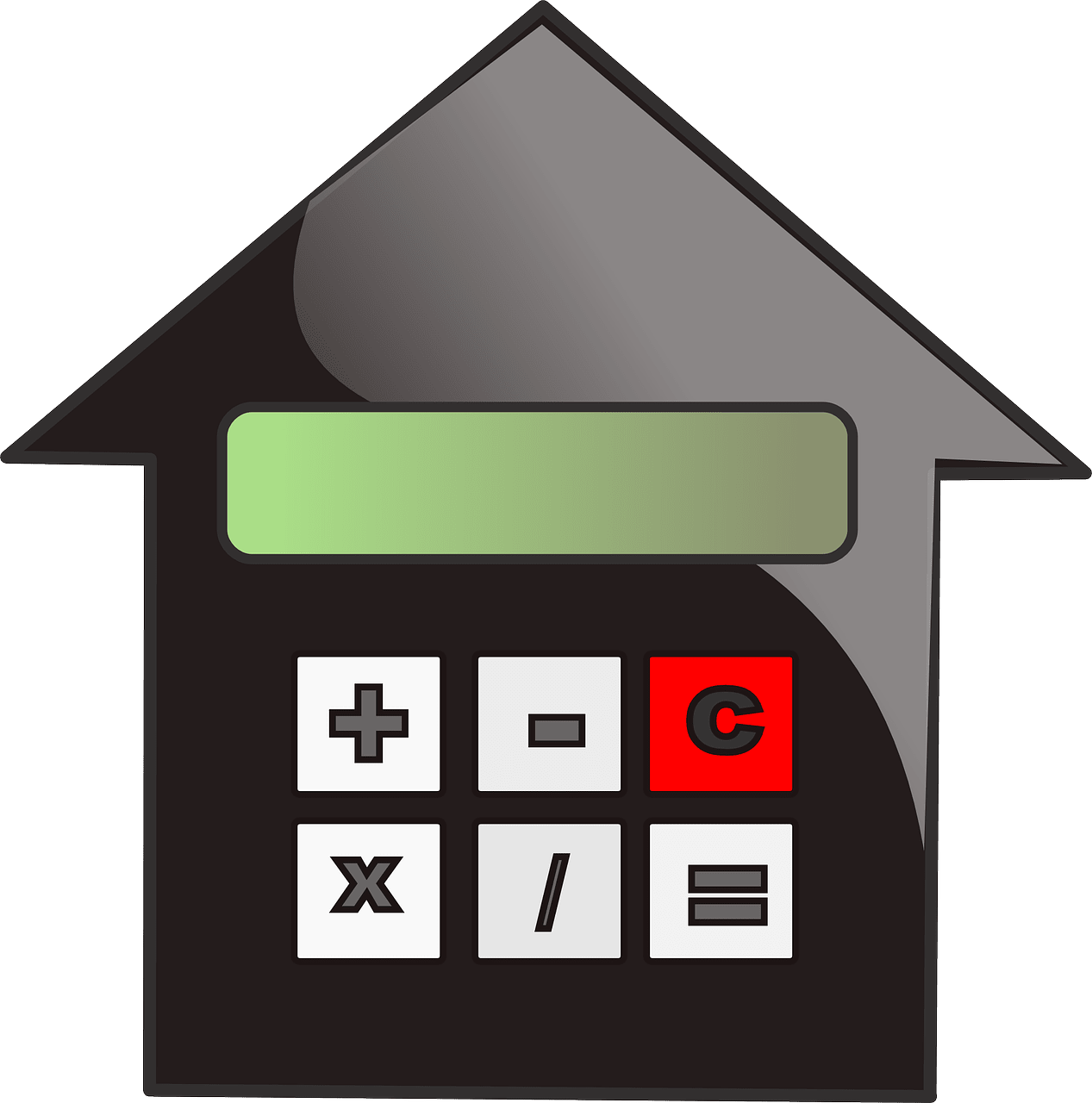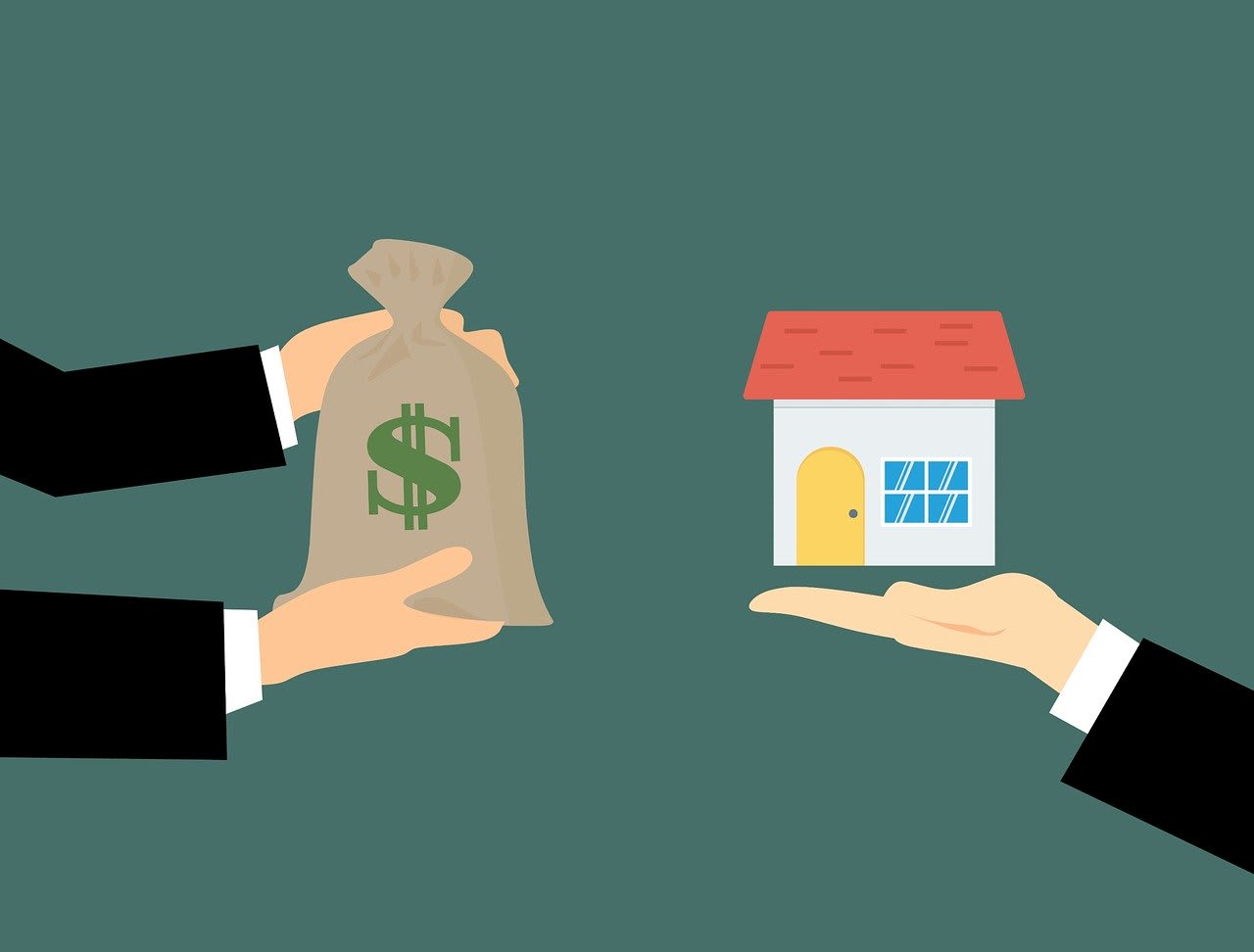

Buying a house is one of the biggest financial decisions most people will ever make. Seventy-two percent of millennials rank homeownership as their top financial goal, and most people focus on finding a home that expresses their aesthetic, fits their lifestyle, and is in a great neighborhood. However, making homeownership a reality means focusing on being able to pay for a home. For most people, that means getting a mortgage. Applying for a mortgage can feel overwhelming, but following these tips can prepare you to sail through the mortgage application process.
Get to Know Your Credit Report

The first thing you need to do is to get familiar with your credit report. Every American is entitled to one free credit report per year from each of the big three (Equifax, TransUnion, and Experian) credit reporting agencies. There are also free services that show you your credit score. This is not the score mortgage lenders will pull, by the way, but monitoring the score you see over time will show you the general path your credit is on and give you some sense of your actual score.
Correct Any Mistakes

Check your reports thoroughly for any mistakes. Make sure that all accounts listed are yours and should still be on your report. Look for weird versions of your name, addresses for places you never lived, and accounts showing up multiple times. If any of these mistakes are in your report, dispute them with the reporting agency. All disputes will need to be settled before your mortgage application goes to the underwriters, so the sooner you start a dispute, the better.
File Your Taxes

Mortgage lenders will ask you for your last two tax returns. They will also want you to sign a form that allows them to confirm the information with the IRS. So be sure to file your taxes! If you need to clear up a tax issue from a previous year, start working on that as well.
Research the Housing Market

Before you start touring homes and applying for mortgages, start following the housing market. Look at areas you’d like to buy in, and start tracking the available housing stock. What sorts of homes are available? How much do they list for? How long do they stay on the market? How much do they sell for (higher or lower than list price)? How much of a premium do renovated homes bring over homes that are cosmetically dated? These are all things you’ll want to know before you start making offers. There are tons of real estate apps available that allow you to define certain search parameters and get updates on homes that fit your search. Download one and start tracking the market.
Learn About Mortgages

There are as many types of mortgages as there are types of houses. Will you need a loan that’s 30-year, 20-year, or 15-year? Will you get a fixed or variable rate? Will your loan be federally backed or conventional? These are just some of the questions you will face as you decide what mortgage best fits your financial needs. Start researching the different types of mortgages, and plug some numbers into a mortgage calculator, which will give you an idea of how much each type of mortgage will cost you monthly and over the life of the mortgage. There are also many programs that can help first-time buyers, veterans, and other groups, so make sure to do your research.
Consider Your Debt

Not all debt is bad debt. Attending college or trade school helps you afford the house of your dreams, after all, and most Americans need a car to work and manage their lives. Your debt load will have an impact on your mortgage, though. Mortgage lenders want applicants who have shown that they can manage debt responsibly. Your debt-to-income ratio will affect how big of a mortgage you can get approved for, so take a look at your smaller debts. Do you have credit cards with small balances? Those small balances usually still have a minimum payment of $25 or so a month, which can add up! Knock out those small balances and you will greatly improve your debt-to-income ratio.
Avoid Major Financial Changes

As you prepare to apply for a mortgage, you want to lock down your financial life and get your ducks in a row. This is not the time to switch jobs, buy a new car, or put a trip to Japan on your credit card. You want your finances at their most stable as you begin the application process, and you certainly won’t want to make any changes after you apply. Some people lose their mortgage approval after embarking on a furniture-shopping spree before they close on their new home. Don’t be that person!
Figure Out Your Down Payment

How much of a down payment do you need? Conventional wisdom says you need to put 20% down. You’ll also need money for application fees, inspections, and closing costs. Additionally, your mortgage company will want you to have one mortgage payment in the bank beyond all of the other expenses. Does that sound impossible? Some mortgages require quite a bit less than 20%, and there are down payment assistance programs available. Beefing up your savings is always a sound strategy, though!
Decide How Much You Think You Can Spend

Now that you have followed the housing market, played with a mortgage calculator, and formulated a plan for your down payment, its time to decide how much you can spend. Remember, you’ll want to take into account property taxes, homeowners’ insurance, HOA fees, utilities, and repairs: Homeownership means no more landlord to fix issues that crop up, so make sure to keep money aside to cover unexpected expenses. Some people buy home warranties to protect them against major home system failures. Once you know how much house you can comfortably afford, you might have to reconsider what sort of house and what area of town you should focus on.
Budget Your Money

For many people, homeownership is more expensive than renting. Once you have a good estimate of how much homeownership will cost you, start socking away the difference. Design a budget that takes into account your projected housing costs and live with it. The time to figure out the budget required to make a mortgage payment work is before you buy the house.
Work Out a Timeline

You are now armed with information. You know about the housing market, how mortgages work, what your credit looks like, what shape your savings are in, how much house you can afford, and what mortgages will work for you. So plot out a timeline. Do you need a year to save up and work on your credit? Will six months give you enough time to prepare? Once you have your timeline, set some concrete goals and get busy.
Apply With Discretion

Before you start applying, think about what you need in a mortgage lender. Are there certain mortgage programs (like FHA) or down payment assistance programs you are interested in? Look for lenders and brokers who specialize in those programs. Read the reviews of any lender or broker you consider. Ask your real estate agent or friends who recently bought homes for recommendations. Don’t be afraid to reach out to a broker before you apply. Each application will count as a hard inquiry on your credit score (although inquiries for the same type of loan made in a short period are supposed to be grouped together), so apply only to companies you think are a great fit for your financial needs.
